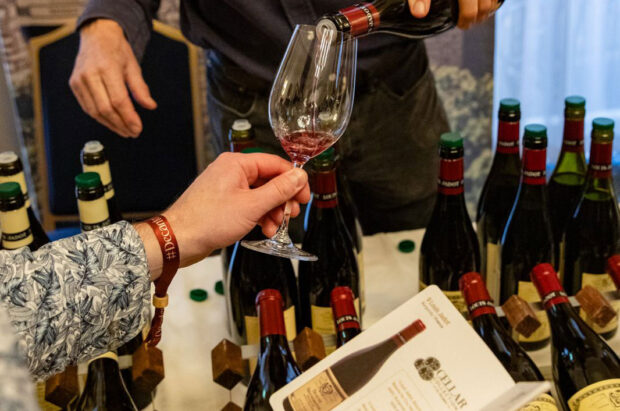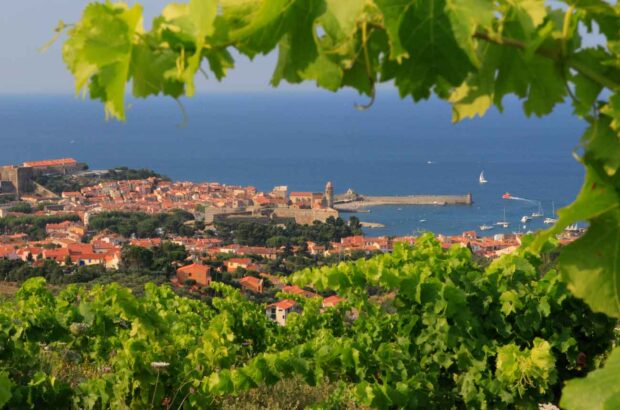Larkmead Vineyards has started planting a 1.2-hectare (three-acre) research vineyard at its base in Calistoga.
Grape varieties to be planted include Chenin Blanc, Petite Sirah and Zinfandel, as well as Aglianico, Tempranillo and Touriga Nacional.
Different clones and rootstocks will also be on trial there, all with climate change in mind, said Larkmead.
The winery, which celebrates its 125th anniversary next year, tapped into an ongoing debate across the wine world about how climate change – and specifically warmer temperatures – might affect grape varieties’ links to specific regions.
‘Cabernet Sauvignon may no longer be well-suited to Napa Valley’s climate in 20 to 30 years,’ said Larkmead winemaker Dan Petroski.
While Cabernet Sauvignon still reigns supreme in Napa, and the variety covers 63% of Larkmead’s 44.5-hectare (110-acre) vineyard, Petroski said it was important to think about different climate change scenarios.
‘As one of the world’s top wine regions, we need to research and plan for inevitable warmer temperatures.
‘Napa Valley will continue to lead the way in research and sustainability and we are carrying on the legacy of experimentation and trial here at Larkmead.’
The estate, now owned by Cam and Kate Solari Baker, also highlighted its tradition of vineyard trials. It worked with UC Davis professor Harold Olmo on Cabernet Sauvignon clonal selection in the 1940s.
Kelly Maher, viticulturalist at Larkmead, said it was important to experiment.
‘We’re planning on testing different varieties, rootstocks, cover crops, and more. The goal is to have more biodiversity and climate resilient vineyards while continuing to produce better and better wines.’
See also:
Larkmead Vineyards: Single site, multiple terroirs
Bordeaux winemakers allow new grapes to fight climate change







